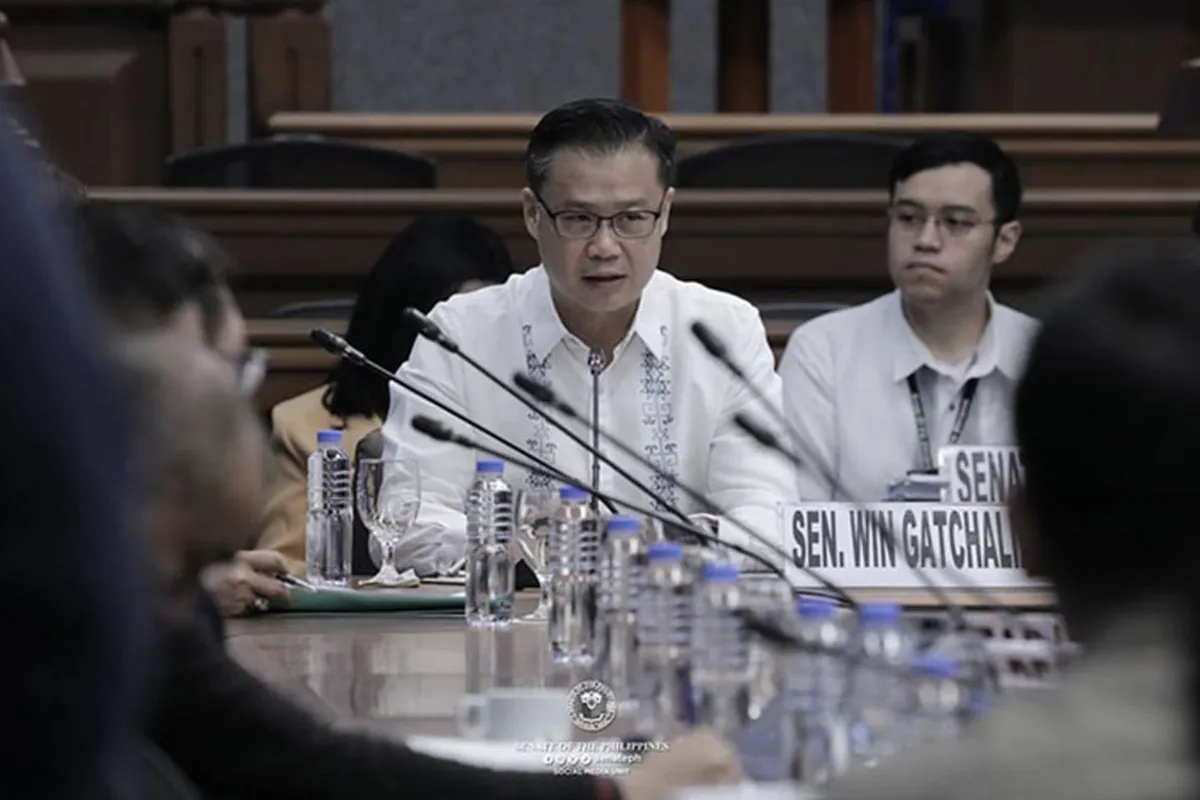
Sherwin Gatchalian emphasized in the resolution the bank transactions of Guo's company, which amounted to hundreds of millions of pesos, allegedly used for constructing a POGO center in Tarlac. This amount far exceeded the financial capacity reflected in the company's financial statements.
He noted that Mr. Guo's account showed a significant increase in cash flow, check disbursements, and transactions, peaking in 2020—an anomaly considering the global business and economic disruptions caused by the COVID-19 pandemic.
Gatchalian pointed out that despite the large scale of these transactions, the banking system did not flag them as suspicious. He expressed concern over the banks' failure to report such suspicious activities, questioning the effectiveness of their internal controls and procedures for identifying and reporting suspicious behavior.
The senator emphasized that financial institutions have a responsibility to analyze financial data to detect transactions that may indicate money laundering.
Gatchalian expressed doubts about the adequacy of current banking and financial institution regulations and guidelines on anti-money laundering and counter-terrorism financing (AML/CTF).
Gatchalian also noted that the Philippines remains on the Financial Action Task Force (FATF) grey list. The country must strengthen its anti-money laundering and counter-terrorism financing efforts, including prosecuting money laundering and terrorism financing, addressing real ownership information issues, and enhancing cross-border declaration measures.
Although President Ferdinand Marcos has instructed all government agencies to meet the necessary requirements to remove the country from the FATF grey list, Gatchalian stressed that compliance in the private sector is equally important for strengthening the country's anti-money laundering and counter-terrorism financing framework. This includes enhancing obligations such as reporting regulated and suspicious transactions.










